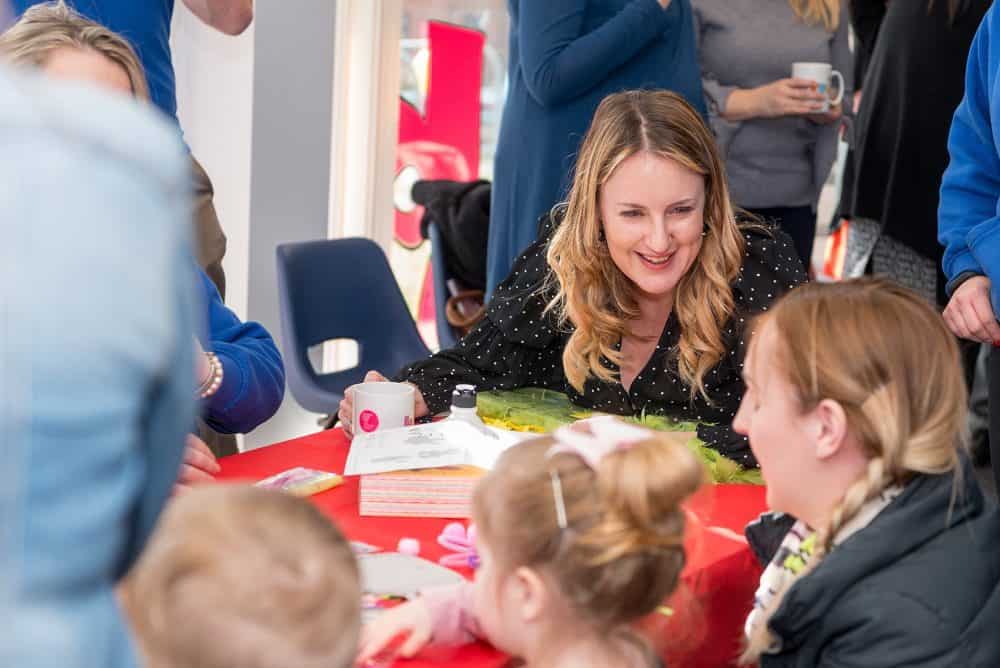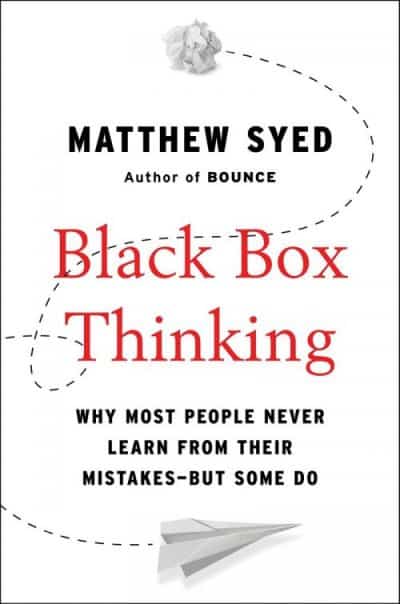Greenhouse Pioneer: Sophie Howe, Future Generations Wales

With thousands of young people around the world demanding politicians take action to mitigate the risks of climate change and ensure our planet is habitable for the generations to come, we spoke to Sophie Howe, the world’s first future generations commissioner, with the statutory powers to do just that.
Sophie was appointed Future Generations Commissioner for Wales in 2016 – and has a mandate to ensure that the political decisions taken today don’t compromise the interests of Welsh citizens tomorrow.
Tell us, in 20 words or less, about your role as the first Future Generations Commissioner for Wales – what’s your mission?
I try to change the way we do business, to ensure we have a Wales that’s fit for future generations.
What drives you?
I’m driven by an innate desire to tackle injustice in all its forms.
I grew up in the 1980s in a part of Cardiff which was always in the headlines for the wrong kinds of statistics – an area with high unemployment and high crime rates – and I saw the huge challenges that austerity brought with it.
We tend to think and work in silos – whether working to alleviate poverty, tackling transport policy or examining future models of energy generation – but those things are all inter-connected. In order to get to the route of injustice, we have to start taking a more joined-up approach and bringing all of the different areas together. The Well-being of Future Generations Act makes those connections.
What is your greatest achievement to date?
I’m thrilled to be the first future generations commissioner to be awarded statutory powers.
Wales is the only country in the world to have this legislation – and to have created a role like mine.
Of course, while having the role may be significant for me personally, and for Wales as a nation, it’s what you do with it that counts.
One of my biggest achievements to date was successfully embedding our wellbeing goals into a £5 billion contract for a new rail service.
Traditionally, there would have been some community benefits – and some requirements to decarbonise the existing stock – but in actual fact we have been able to embed all seven wellbeing goals in the contract from the very outset. So, for example, we’re looking at how to factor social enterprises into the associated retail space, rather than another coffee shop chain, and how to integrate public services such as a GP surgery
What are the challenges you face?
I’m not just trying to change the habit of a lifetime, I’m trying to change the habits of many lifetimes, so that the prospects will be better for future generations.
We’re used to tackling policy in a certain way and focusing on short term, low cost measures. I want to redefine our whole system of governance to think holistically and to think long term. That’s the biggest challenge I face – but it’s also very motivating when you can see a better way of doing things.
What are you working on that’s getting you fired up and excited?
There’s been a plan dating back some 20 years to widen the M4 motorway around Newport, to alleviate congestion. The proposition is that the Government uses the whole of its borrowing capacity (upwards of £1.4bn) to build a relief road.
I have challenged the Government to consider whether ethically and legally it’s right to build a new road. Not just the environmental impacts of widening the road, as opposed to investing in better public transport and promoting more active travel options, but also the economic impacts of saddling future generations with the massive debt that will be incurred. It’s an issue that’s gone to a public enquiry and we’re currently waiting for a decision from the First Minister.
Before my intervention, it was pretty much a done deal that the road would be widened and, while the ultimate outcome has yet to be decided, we have instigated a debate and raised important questions about how this policy aligns with our carbon reduction targets and whether it’s the best use of money to improve the social, economic, environmental and cultural wellbeing of Wales.
Where do you want to take the Office of the Future Generations Commissioner for Wales next?
We’re now three years into the Well-being of Future Generations Act and, as with most legislation, there are certain processes that have to be followed in terms of developing and consulting on plans and embedding understanding of the new laws and what they mean.
So until now our main focus has been to provide support and assistance to the various public bodies in Wales to facilitate that process.
Now that we’re entering the third year of the legislation, I think it’s reasonable to assume that we should start to make progress towards achieving our goals. And I’m encouraged that my current review of each of the 44 public bodies covered by the legislation is uncovering some brilliant examples of the progress that is being achieved.
However, there are still some fundamental systemic barriers to overcome and this year I am intending to challenge the health service to attempt a seismic shift in its strategy, from focusing on cure to focusing on prevention. And if we can do that successfully, the things that make the most significant contribution to our health and wellbeing – whether it’s active travel or social prescribing models – can start to be prioritised.
What can we, as individuals, do to make a difference?
There are lots of things we can do as individuals to make a difference – move to a plant-based diet, drive less, use public transport more.
There are lots of things we can do as individuals to make a difference – move to a plant-based diet, drive less, use public transport more.
But actually as citizens we have a responsibility to challenge the status quo and challenge the current system, which is not working for the vast majority of people and is certainly not working for the planet.
What we’ve seen over the last two months with the school strikes and Extinction Rebellion is that people are starting to stand up and challenge the system.
There are a lot of what I call ‘frustrated champions’ in the public sector and they tell me that the Well-being of Future Generations Act is galvanising action by giving them the legal framework and the permission to change the way that we do things.
I want to empower those frustrated champions to use the legislation to drive positive environmental and social change in our public services.

How is what you are doing inspiring change in others?
What we are trying to do is build a movement around doing the right thing for future generations.
I’m always cautious about using the term ‘sustainability’ as I don’t think it connects with a lot of people and I think we need to speak a language which unites us. The wellbeing of future generations is a concept that unites us all – and getting it right is something that we can be proud of.
Building a movement of these people, whether within the public sector or beyond it, is about making it easier and making it the norm to make the right decisions for future generations.
Can you recommend a life- or game-changing book for our readers?
I have two.
I’m really taken by George Marshall’s book, ‘Don’t even think about it: why our brains are wired to ignore climate change’. I completely agree with George’s view that the way we sometimes talk about climate change can be very divisive, when what we need to do is focus on the concepts that unite us, such as equality and justice.
The other one is ‘Black box thinking’ by Matthew Syed which talks about why we are so risk averse and why we try to hide our failures. He gives the example of the aviation industry and the fact that they are continuously learning from their mistakes and why, as a consequence, it is one of the safest forms of travel.
If you think about our current political system, we never talk about failure, and that paralyses the system and prevents people from trying new things. We need to embrace innovation and accept that sometimes when we try new things, we are going to fail.

What do you listen to when you’re cooking dinner?
I regularly dance around the kitchen to 1990s R&B while I’m cooking.
What’s the best advice you’ve ever been given?
Try to do something that scares you every single day.
Can you leave us with who’d be your Eco Hero?
Greta Thunberg.
What Greta is doing – and what’s she already done in terms of highlighting the issues of climate change on the world stage – has achieved more than any UN manifesto or policy ever could. She has built a movement and I absolutely take my hat off to her.
There’s a very active group of young people here in Wales that have been taking part in the school strikes for climate and if they are anything to go by, then I have a lot of hope for our future generations.
We’re currently developing a future leaders academy within the Office of the Future Generations Commissioner for Wales and part of that will be a reverse mentoring programme, where we’ll pair future leaders with chief executives and chairs of each of the public bodies in Wales. There’s something incredibly powerful about them having to justify the way that they do business and the way that they take decisions to a representative of the future generation.
If your organisation is working to create a more sustainable world and looking to increase its impact, get in touch and let’s team up in the fight against climate change.


